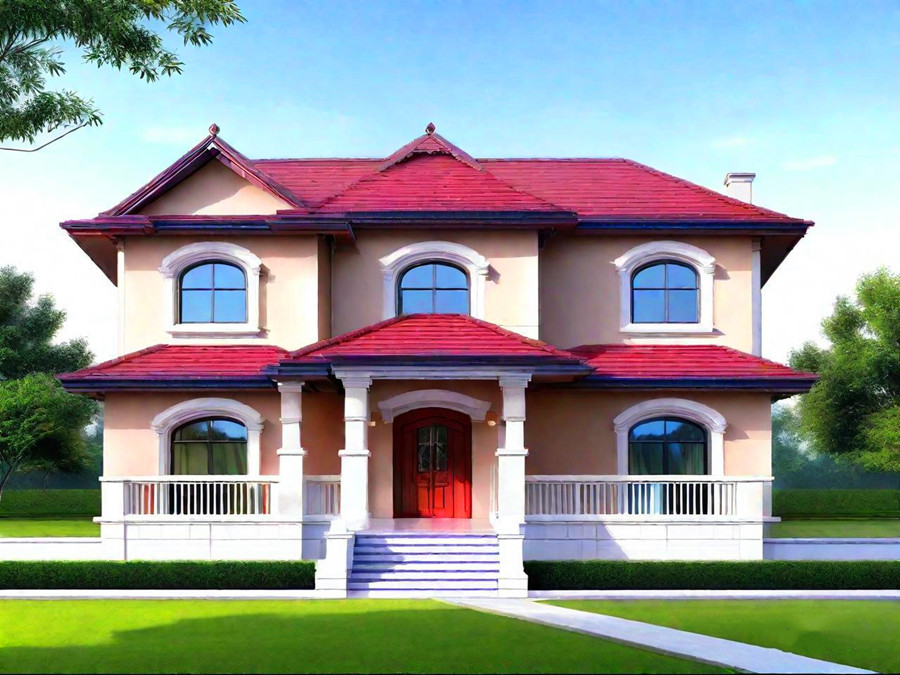With the advancement of modern construction technology, steel frame villas have gained popularity for their lightweight, durable, and eco-friendly characteristics. Among various design options, the construction of basements has become a focal point for many homeowners. So, can a steel frame villa include a basement? This article will delve into this topic to provide you with clear answers.

Basic Characteristics of Steel Frame Villas
Steel frame villas primarily use lightweight steel structures, which are lighter than traditional concrete structures, allowing for quicker construction and excellent seismic performance. Due to the nature of steel frame construction, many homeowners consider incorporating a basement into their design to achieve higher space utilization and functionality.
Advantages of Basement Design
1. Space Expansion
A basement can effectively enlarge living space, providing additional rooms and functional areas. For instance, it can be designed as a family entertainment room, storage area, gym, or even an independent guest room. This feature is particularly important for urban homes with limited land resources.
2. Privacy
Basements offer a higher degree of privacy due to their relative independence. Family members can enjoy private spaces without being disturbed by activities occurring on the upper floors, making it ideal for households needing a quiet environment.
3. Temperature Regulation
Basements typically maintain a stable temperature, providing a comfortable environment for the family. This quality is especially useful in hot summers or cold winters, effectively reducing the frequency of air conditioning and heating use, which saves on energy costs.
Feasibility of Building a Basement in Steel Frame Villas
Although steel frame villas are lighter than traditional constructions, there are structural and technical considerations when designing and building a basement.
1. Soil Conditions
Before constructing a basement, a thorough evaluation of the soil's load-bearing capacity is essential. Different soil types significantly affect the stability and safety of the basement.
2. Drainage System
Effective drainage and waterproofing measures are critical in basement construction to prevent water seepage and accumulation.
3. Ventilation Design
Due to the relatively enclosed nature of basements, ventilation design is crucial. A well-planned ventilation system can effectively prevent dampness and odors, ensuring fresh air circulation.
Practical Cases and Recommendations
In practice, many steel frame villas have successfully incorporated basement designs. For example, some families have chosen to use their basements as multifunctional spaces, not only for storage but also for fitness and entertainment. Designers have taken the aforementioned structural and environmental factors into account, ensuring the basement's safety and comfort.
When planning a basement for a steel frame villa, it is advisable for homeowners to collaborate closely with professional designers and architects. This collaboration will help address living needs, structural safety, drainage, and ventilation considerations to create a basement that is both practical and aesthetically pleasing.
Conclusion
In summary, steel frame villas can indeed feature basements, with significant benefits in terms of space expansion and privacy. During the design and construction phases, it is crucial to focus on structural safety and environmental factors to ensure the functionality and comfort of the basement. As technology continues to evolve, the basement in future steel frame villas is sure to become an ideal choice for more families.